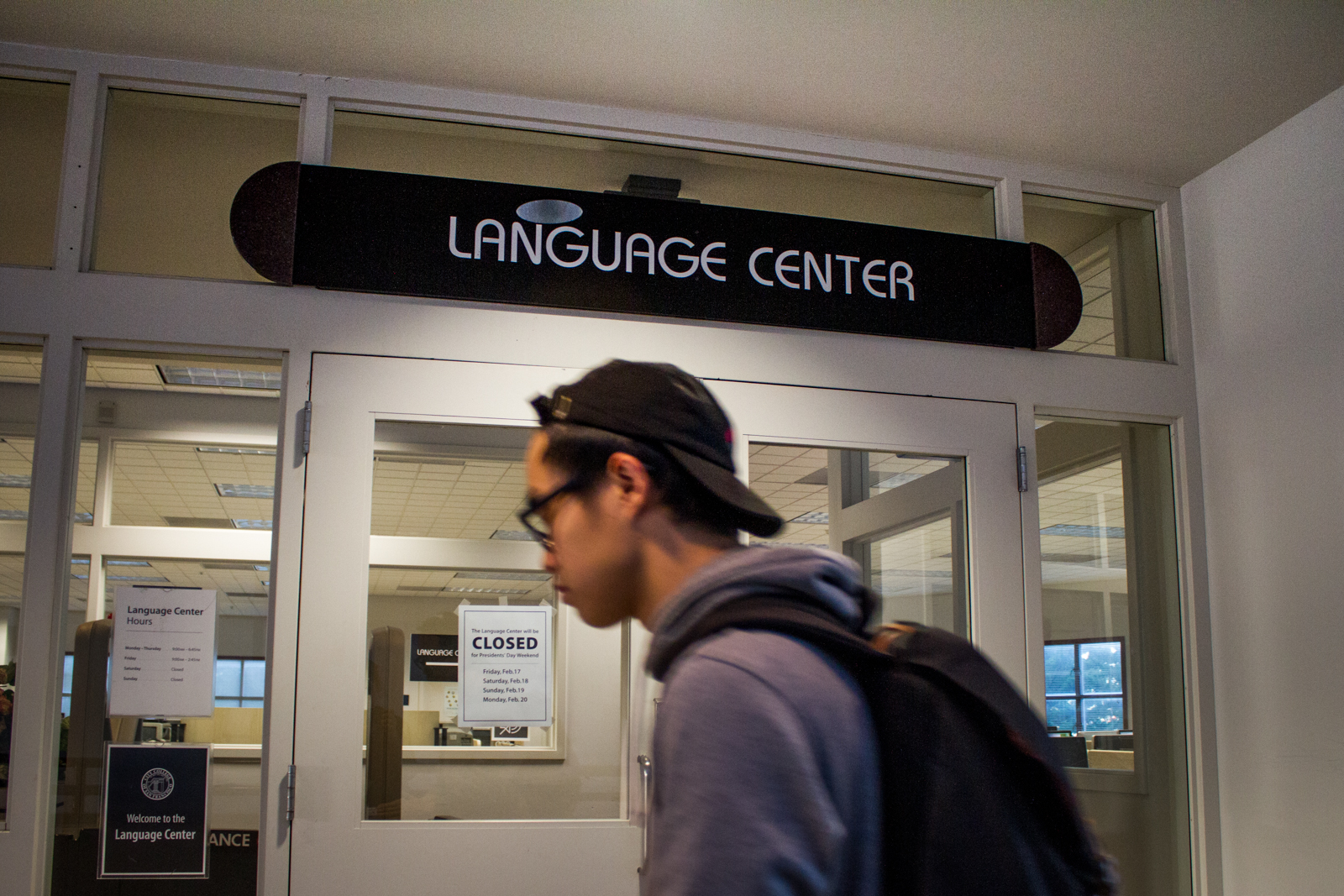Underutilized student tutoring services face budget cuts
By Otto Pippenger
The tutoring services offered by City College’s Learning Assistance Center (LAC) now begin one hour later than previous semesters after a $40,000 lab aid budget cut.
LAC Chair and Coordinator Elaine Avrus says despite this and other challenges in securing tutors, no further cuts are known to be forthcoming, and students will find the same amount of tutors and instruction time as previous semesters.
Within these reduced overall operating hours, Avrus says the same amount of student tutors will be offering roughly same amount of hours in any given subject by condensing previous gaps and offering more student tutors at the same time when possible. “We’re not cutting [the overall hours of tutoring available] and would like to expand…we are maintaining our [tutoring] hours because we know our students need us,” Avrus said.
City College’s Business Office will reevaluate the $40,000 cut at the end of this semester. Avrus is hopeful that with Free City College and an uptick in students utilizing tutoring services, the cuts may be rescinded, especially since funding is in part determined by student usage of LAC services, saying, “Historically, student usage of our services has been declining in recent years, but this semester definitely feels more active already, though the numbers aren’t in.”
“We also need faculty support,” says Avrus. “We need them to send students to us, and if a student feels they aren’t getting enough tutoring support in their department, should read in their academic subject at the LAC, a teacher may not feel confident sending them to us.”
Avrus also highlighted the distinction between tutoring and the LAC’s computer lab, which students have been making less and less use of due to the steady increase of computer ownership and internet access among City College students, which Avrus feels should be taken into consideration in any evaluation, saying “computer lab use has decreased majorly” while she feels that tutoring demand is more consistent.
Students may be under the impression that cuts are more severe than they are in reality. It is still early in the semester, and the LAC, which typically hires between 60-85 student employees in a semester, currently employs 65 and is in the process of hiring ten more.
Many students also transfer or graduate, and despite hiring a roughly consistent number of tutors each semester, the amount of tutors in each given subject may vary, leading to the impression that hours are in serious decline. “If students came in and noticed ‘wow they used to have 20 hours of chemistry, now they only have 15,’ that is because of the expertise and availability of the individual student tutors,” Avrus said. The LAC currently needs more chemistry, math, and physics tutors as well as professional tutors of all types.
Additionally, the LAC is no longer open on Saturdays, but it was only open on Saturdays for the six weekends before last semester’s finals as part of a pilot program initiated by a student petition. Avrus says she believes it could be reinstated with another such petition and went in to say that “we wish it were year-round.”
While the future of student demand for tutoring services looks promising, Avrus is most concerned about attracting sufficient student tutors in the coming years. “One of our greatest challenges is what we pay our student tutors- just a little over $10 an hour, which is not a living wage. I would love for the student body to take initiative with the district or board for a higher wage. I would be happy to support that as LAC Chair,” Avrus said.
All student tutors must have passed the course they will instruct with an A, as well as undergo certification and work under supervision at a maximum of 15 hours per week. Therefore, attracting tutors will always present difficulties as the pay and hours are both low.
Student tutors like Charlene Tran, who is in pre-med and works long hours in a hospital as part of her training, who therefore only work a few hours a week, generally have specific needs which lead them to take the job. Math tutor Klesti Muzhaqi said, “As an international student, this is one of the only jobs I can take,” but was quick to add, “I help people and they help me. I certainly recommend it; the satisfaction of students thanking you is great.”
Both student tutors agreed the LAC’s student workers, like almost all City College student workers, would like higher pay, and with the difficult requirements for becoming a tutor it would be desirable to have better incentives to take the position. “Most students who tutor here do so because it is convenient around their schedule and because it helps with courses. Some have not returned this semester because they transferred schools, but we do all want higher pay,” says Tran. “I’ve been a tutor for two years with no wage increases. It would be nice to make minimum wage. I didn’t know that CCSF’s student workers made below city minimum wage when I started.”
The LAC is currently working to coordinate with the in-department tutoring available at City College to offer more comprehensive listings of all tutoring available. “We’re trying to collaborate right now with with the other departments to better serve their wonderful students,” Avrus said. “Overall, I think we’re doing okay.”

